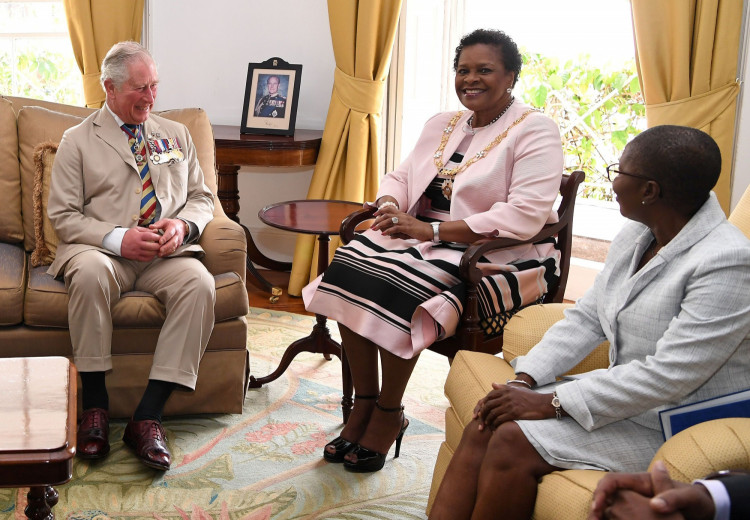The tourist island country of Barbados has elected its first-ever president who will be replacing Queen Elizabeth II as its head of state. The election of Sandra Mason as the new Barbadian President is considered a big step forward for the Caribbean Island to gradually transition into a republic and shed its colonial past.
Mason was elected as president on late Wednesday via a two-thirds vote by the country's House of Assembly and Senate. Officials who voted for Mason called her appointment as a major milestone for the country and its goals of becoming a republic.
Barbados became an independent state and Commonwealth realm in 1966. The country, which has a relatively small population of just around 300,000 people, retained the British queen as its head of state.
Over the past decades, there had been a push for the country to be fully independent of the British monarchy. However, some Barbadians have expressed concerns about the push. Despite the concerns, the country's government still pushed forward with its plans to become a republic.
Barbados plans to transition into a republic on Nov. 30 during the country's 55th anniversary. Mason will officially be sworn in as the country's new president on the same day.
Before her appointment, Mason was the governor-general of Barbados since 2018. The jurist was also the first woman ever to serve on the Barbados Court of Appeals.
Barbados Prime Minister Mia Mottley praised Mason's appointment and called it a "seminal moment" for the entire country.
"We have just elected from among us a woman who is uniquely and passionately Barbadian, does not pretend to be anything else (and) reflects the values of who we are," Mottley said.
Queen Elizabeth remains to be the head of state in more than a dozen countries, including Australia, New Zealand, Jamaica, and Canada. Several countries have replaced the queen after they gained independence, with Mauritius being the last country to do so in 1992.
Dropping the queen does have its advantages, political experts said. Having its own president will allow Barbados to become a more legitimate player in international politics, while also allowing it to closely govern its own people without external influence.





